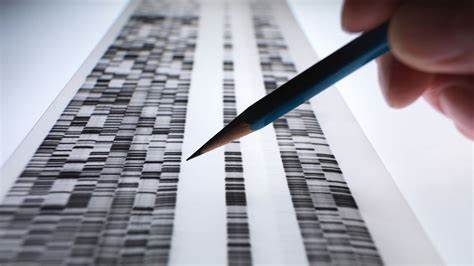The body’s natural response to viral infection generates a variety of antibodies, some of which are able to directly interfere with the virus’s ability to replicate. In the early days of the pandemic, researchers raced to identify the antibodies that are most effective against the coronavirus and to produce them in bulk. The resulting ‘monoclonal antibodies’ have since been tested in a variety of settings as treatments for COVID-19. Antibodies are produced by the body’s B cells, which are white blood cells.
The antibodies, or immunoglobulins, can bind to harmful foreign particles (such as viruses) to stop them invading and infecting the body’s cells. Each B cell determines which particles it can bind, just as each lock has a different key. There are many millions of B cells with different receptors in the body. This immense diversity comes from rearranging the genes that code these receptors, resulting in billions of....

